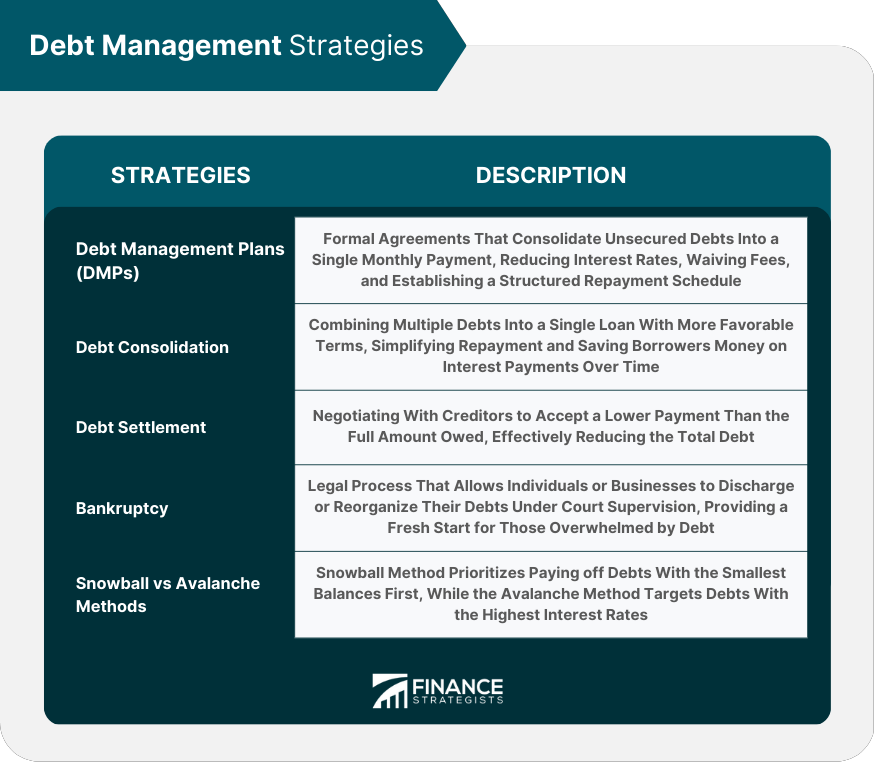5 Foundations Of Personal Finance
Understanding Your Income and Expenses

Source www.50plusfinance.com
In order to effectively manage your finances and work towards achieving your financial goals, it is crucial to have a solid understanding of your income and expenses. Your income is the money that you earn from various sources such as your job, investments, or any other sources of income. Understanding how much money you have coming in each month is the first step towards creating a budget and ensuring that you are living within your means.
On the other hand, expenses refer to the money that you spend on various items and services such as rent, utilities, groceries, entertainment, and other necessities. It is important to track your expenses and categorize them to gain insight into where your money is going each month.
One way to track your income and expenses is to create a budget. A budget is a financial plan that outlines your income, expenses, and savings goals. By creating a budget, you can identify areas where you may be overspending and make adjustments to stay on track financially.
Another helpful tool in managing your income and expenses is to keep a record of your transactions. You can use a notebook, a spreadsheet, or a budgeting app to track your income and expenses. By reviewing your spending habits regularly, you can make informed decisions about where you can cut back and save money.
Understanding your income and expenses is the foundation of personal finance. By gaining clarity on how much money you have coming in and where it is going, you can take control of your finances and set yourself up for long-term financial success.
Setting Financial Goals

Source gardhousefinancial.ca
Setting financial goals is an essential step in managing your personal finances effectively. Without clearly defined goals, it can be challenging to make progress and track your financial success. When you set financial goals, you are creating a roadmap for your future financial status, guiding your decisions and actions along the way.To establish effective financial goals, start by identifying what is most important to you and what you want to achieve financially. This could include saving for a specific purchase, paying off debt, or building a retirement fund. Once you have determined your priorities, set specific, measurable, achievable, relevant, and time-bound (SMART) goals to help you reach them.For example, if your goal is to save $5,000 for a vacation in 12 months, break it down into smaller milestones. This could mean saving $416.67 per month, or $104.17 per week, to reach your target. By setting these smaller achievable goals, you can track your progress and make adjustments as needed to stay on track.It's also important to regularly review and reassess your financial goals to ensure they remain relevant and achievable. As your financial situation changes, your goals may need to be adjusted to reflect your current circumstances. By regularly evaluating your progress and making necessary changes, you can stay focused and motivated to reach your financial goals.
Emergency Fund Importance
Source www.fiscallysound.com
One of the most important foundations of personal finance is having an emergency fund. This fund is essential because it provides a safety net for unexpected expenses that might come up, such as medical bills, car repairs, or unexpected job loss. Without an emergency fund, you may be forced to rely on credit cards or loans to cover these expenses, which can lead to debt and financial stress.
Having an emergency fund in place allows you to handle these unexpected expenses without going into debt, providing you with peace of mind during tough times. It gives you the financial security to weather any storm that comes your way, knowing that you have a cushion to fall back on when needed. An emergency fund also helps you avoid dipping into your long-term savings or retirement accounts, which should be reserved for future goals and financial security.
The recommended amount for an emergency fund is typically three to six months' worth of living expenses. This amount can vary depending on individual circumstances, such as job stability, family size, and overall financial situation. Building up this fund may take time, but it is a crucial step towards financial stability and peace of mind.
Debt Management Strategies

Source www.financestrategists.com
When it comes to managing debt, there are several strategies that can help you pay off your debts more effectively. One common approach is the snowball method, where you focus on paying off your smallest debts first while making minimum payments on larger debts. This can help you gain momentum and motivation as you see smaller balances disappear.Another strategy is the avalanche method, where you prioritize paying off debts with the highest interest rates first. This can save you money in the long run by reducing the amount of interest you pay over time.Consolidating your debts into a single loan or credit card with a lower interest rate can also help you pay off your debts more efficiently. By combining multiple debts into one, you may be able to lower your monthly payments and simplify your debt repayment process.It's important to create a budget and track your expenses to ensure that you are making progress towards paying off your debts. By allocating a portion of your income towards debt repayment each month, you can stay on track and avoid accumulating more debt.Lastly, consider seeking help from a financial advisor or credit counselor if you are struggling to manage your debts. They can provide personalized advice and guidance to help you develop a plan to pay off your debts and improve your financial situation.
Investing for the Future

Source twelvepointswealth.com
Investing for the future is an essential foundation of personal finance. By putting your money to work through investments, you can achieve long-term financial growth and secure your future. There are various investment options available, such as stocks, bonds, mutual funds, real estate, and retirement accounts. Each option has its own risk and return potential, so it's important to do thorough research and consult with a financial advisor before making any investment decisions.
One key benefit of investing is the power of compound interest. Compound interest allows your money to grow exponentially over time, as you earn interest on both the initial principal and the accumulated interest. By starting to invest early and consistently contributing to your investments, you can take advantage of the power of compound interest and potentially achieve significant financial growth in the long run.
Moreover, investing for the future can help you build a diversified portfolio, which can reduce your overall investment risk. Diversification involves spreading your investments across different asset classes and industries to minimize the impact of market fluctuations on your portfolio. By diversifying your investments, you can better weather economic downturns and achieve a more stable financial future.
Additionally, investing for the future can help you achieve specific financial goals, such as buying a home, funding your children's education, or retiring comfortably. By setting clear investment objectives and creating a personalized investment strategy, you can work towards achieving these goals and securing your financial future. Remember, investing is a long-term commitment, so it's important to stay patient and disciplined throughout your investment journey.
Posting Komentar untuk "5 Foundations Of Personal Finance"